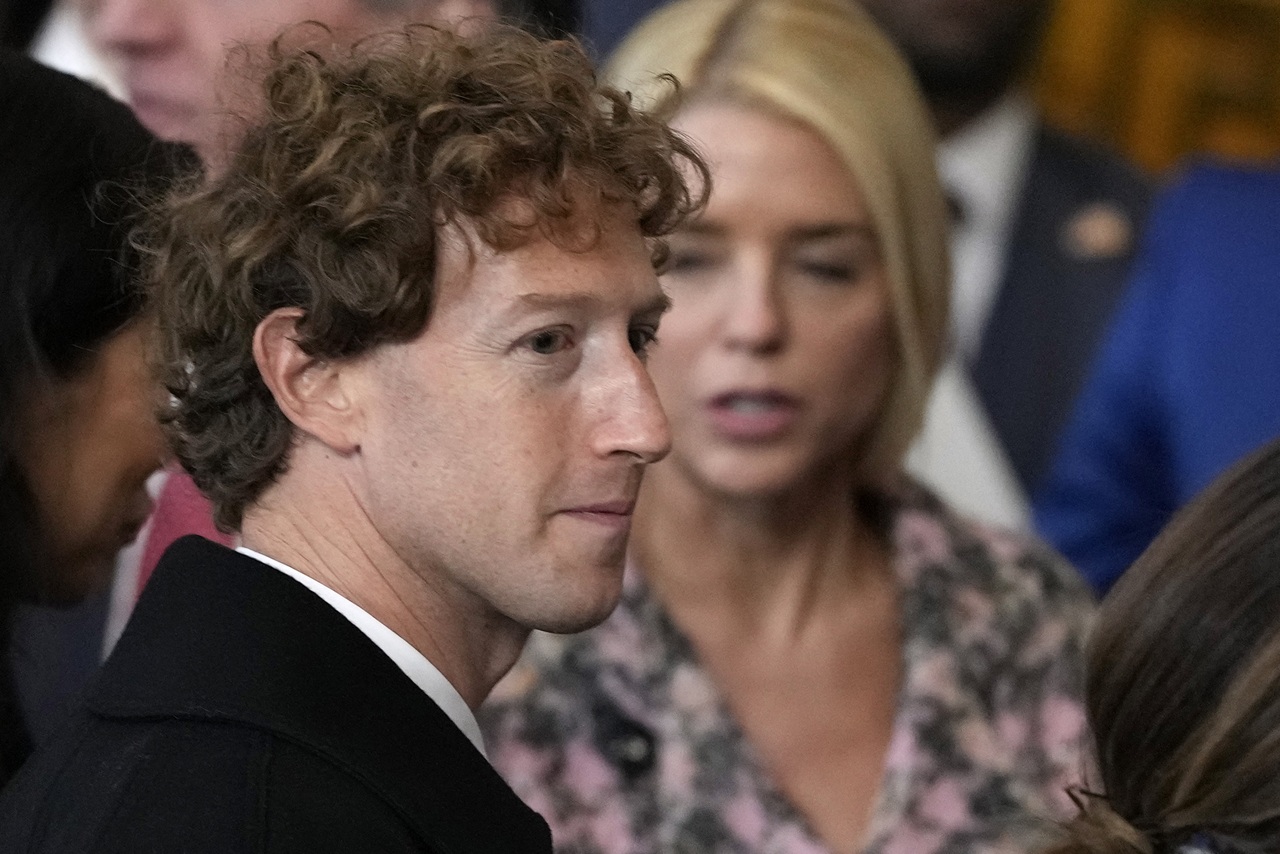
The integral role ERGs can play in helping companies better understand their employees
A panel of four business leaders discussed the impact of Employee Resource Groups (ERGs) during the fifth annual Hispanic Leadership Summit.
During the first day of the fifth annual Hispanic Leadership Summit, a panel of business leaders discussed Employee Resource Groups (ERGs). The panel was moderated by Robert Rodriguez PHD, President at DRR Advisors, LLC.
The four panelists were Joanie Gines, WW Vice President and Z Application & Platform Software Sales for IBM; Andréa Schiller, Director of Product Marketing for Salesforce; Ileana Monts de Oca, Senior Business Director of Eli Lilly and Co.; and Maria Castro Vainer, Managing Director and Head of Business & Community Integration for JPMorgan Chase.
The creation of the Hispanic Executive Council at IBM came out of a need had by the company’s Latine workforce.
“What we did is, in the past couple of years, we wanted to bring commonality, we wanted to bring consistency to the ERGs. We didn’t want them to be just a social gathering place. All of them told us, ‘we need your help, we want to advance. And the way that we can advance is if you help us,’” explained Gines.
The Hispanic Executive Council is the national branch of IBM’s Latine ERG. Smaller Business Resource Groups or BRGs, named Familia, operate at the regional level and report to the Hispanic Executive Council.
Schiller is the global president of Latinoforce, Salesforce’s Latine ERG. It operates on four pillars: inclusion, professional development, philanthropy, and allyship. Like the Hispanic Executive Council, Latinoforce has focused on its members’ request for help in advancing their careers.
“We recently had something called an IDP, or an individual development plan workshop, which is a tool that all members and all employees need to fill out when looking at their upward development,” Schiller said, giving an example of one of the ways her ERG has helped its members.
Rodriguez commented that he’s noticed Latinos are often “over-mentored and under-sponsored.”
“A lot of folks are talking to us, [but] we don’t always have enough talking about us,” he continued.
Monts de Oca talked about the way Hola, the Latine ERG at Eli Lilly and Co, helped with employee retention. A few years ago, Lilly used their market research strategy to understand the experience of their employees at the company.
Monts de Oca explained, “Hola played a very important role [in] making sure that people felt comfortable, safe to answer these very robust, in-depth questions about their experience in the company.”
She went on to say that the ERG has become a part of the company’s HR strategy for recruitment and retention.
“We want individuals in the Latinx community to feel that there’s a sense of community, to know that they belong with all of the differences and the nuances of the Latin community at Lilly,” she said.
Monts de Oca added that Hola has also helped the company evaluate cultural competencies and factor them into patient experiences.
Connecting to the remarks about cultural competencies, Rodriguez asked Castro Vainer how JPMorgan Chase’s Latine ERG, Adelante, helps the company connect better to Latine customers.
She shared that Adelante members tested Chase en Español on chase.com before it was offered to consumers and has given input on the commitment JPMorgan Chase has made to closing the racial wealth gap.
The panelists also spoke about what impact being a part of an ERG has on employee engagement. According to Gines, IBM found that ERG leaders were five times more engaged in the company, ERG sponsors were four times more engaged, and members were three times more engaged.
RELATED CONTENT
Monts de Oca also gave an example of higher employee engagement, “I just want to add the importance of our markets. So those territories that have an individual that speaks Spanish, are higher performing territories. They are able to deliver culturally relevant information, both for physicians and for patients. They’re higher performing territories, as well, and the employees generally are more engaged, as well.”
Schiller shared two impact stories about Latinoforce, including one about the group’s work with Solorio Academy High School in Chicago. This work includes raising money for scholarships, doing résumé reviews, and helping the students apply for colleges.
“A lot of times these students are first-generation so instead of saying we raised x amount of dollars and helped to revive résumés, it's really framed as we’re able to impact a family, we’re able to give the opportunity for first-generation students to go to college,” said Schiller.
Rodriguez asked the panelists why they decided to join an ERG.
Monts de Oca answered, “It really is wanting to feel like I belong… I don’t want to have a corporate voice and a home voice. I just want to be me. And I want others to see that.”
She added that she had struggled with trying to stifle herself and was exhausted by it.
She says that she became a leader at Hola, “because I want those that come behind me to not have that experience. I want to be the change that I want to see.”
Rodriguez then asked about the possibility of collaboration between different Latine ERGs.
Castro Vainer agreed with this, saying, “So to me just sharing information with each other… because we at the end of the day, are the leaders that influence the thought leadership of the organization, both above and below us… So I think, if just the four of us had a drink after this… we could come together, share ideas, and come up with some actionable, efficient ways to move it forward.”
Schiller talked about her ERG being a part of the Consortium of Latino Employee Organizations (CLEO). “Being thoughtful around who we partner with and why and when is important, especially now post-COVID, where things are a little more available in-person.”
She added, “So I think, taking advantage of CLEO, taking advantage of the fact that all these groups are there is paramount.”
Nearing the end of the program, the panelists left the audience with short pieces of advice.
Gines said, “I will say, ‘say yes.’ Every time you're asked to do something, just say yes. Don't question whether you're prepared where you can do it. Whether you're capable. Just say yes. And then prepare yourself.”











LEAVE A COMMENT: